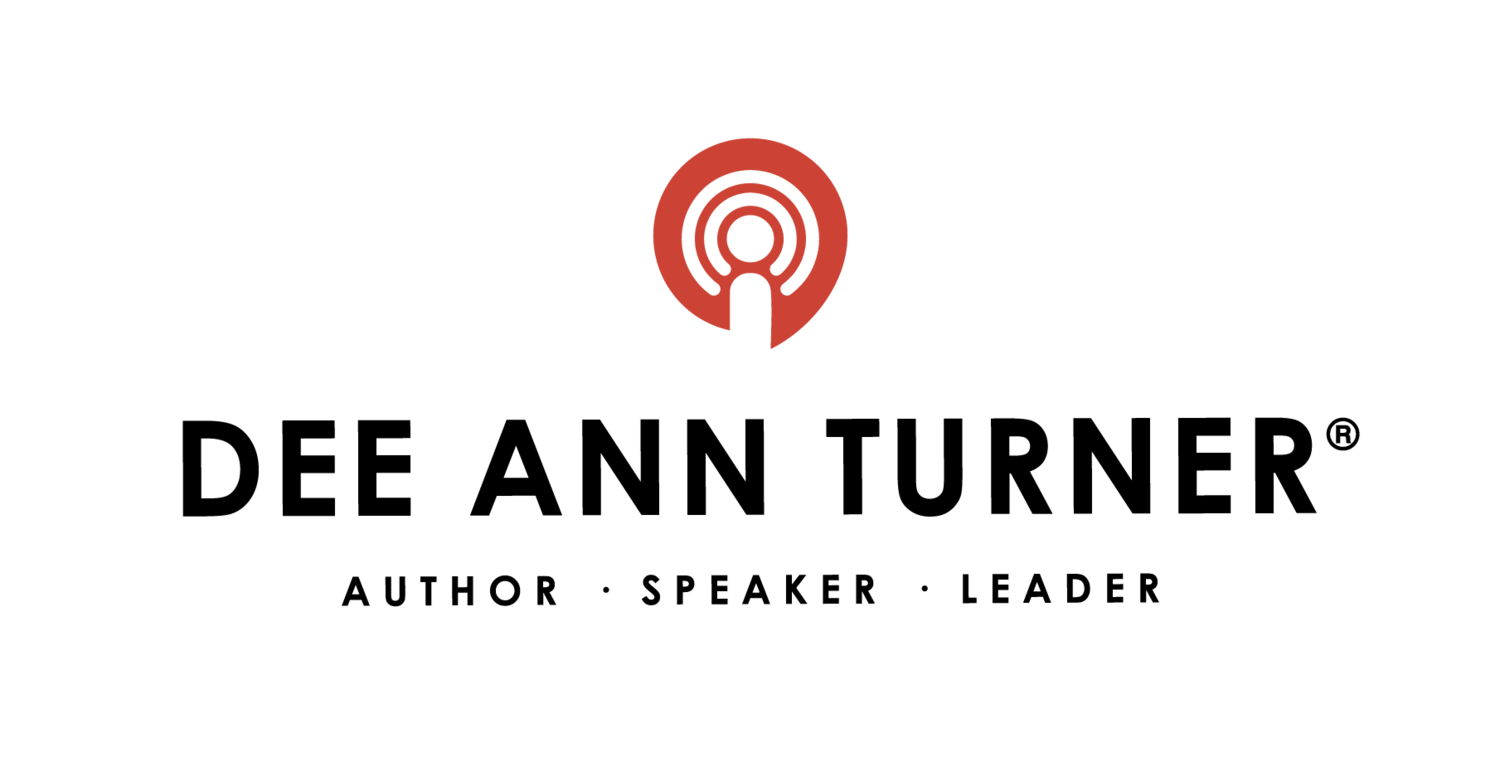Where are you going?
Pedaling as hard as I could uphill, I was completing the last few minutes of my online spin class. I knew that I was within striking distance of my own personal output record. Output is the combination of speed and resistance. The goal was clearly within my head of what I had to reach. With less than a minute left, I pushed myself as hard as I could go and when I reached the number that I thought was the goal, within a few seconds of the finish line, I backed off.
Unclipping from the bike, I selected the button on my screen that should have shown me a medal icon indicating a new personal record. There was no icon and I was so surprised. I quickly thumbed through previous rides and found that I was one number off my personal best — a number I could have achieved had I not backed off in the final seconds of the ride. I made a huge mistake when trying to reach a goal. I did not have the right number. I did not have the correct measurement to know for certain I was winning. I quit before the finish line and, therefore, failed to reach my goal of a personal record.
How many times do we fail to achieve our desired output because we don’t know where we are headed, or what the measurement is, or where the finish line is? Setting clear and measurable goals and monitoring progress are critical to achieving success at anything. Sometimes where we fail is not at setting the right goal, but we fail to monitor our progress along the way. Without checking our progress, we can easily get to finish line and realize we completely missed the mark.
How can we correctly monitor progress against goals?
Know where the finish line is. Stephen Covey’s second habit in The Seven Habits of Highly Effective People is “Start with the end in mind.” If we don’t know exactly where we are going, we won’t likely get there. Writing the goal down, posting it in a prominent place and telling others helps us to keep in mind our target.
Identify key milestones along the way. Set up specific check-in points helps to stay on track. If I had set up key milestones on my ride, I would not have had to exert so much energy at the very end trying to reach my goal. I would have paced myself knowing exactly where I was on my journey. Sometimes, when we are not monitoring progress, we stay in “crisis” mode racing to the finish. We can use our time more productively if we keep a check on our milestones toward the goal.
Create accountability. On my bike, I have on-line followers that see how I am progressing in my fitness goals. We need accountability for every goal we set in life. Olympic champions have personal coaches that lead them from their first workout to the medal podium. They help their athletes set goals and monitor their progress towards them. Those coaches don’t wait until the Olympics to make sure their athlete is on track. They compete in competitions constantly and monitor their development, noting areas they may be off track and need improvement.
If we want to achieve something, whether it’s a personal record on my bike or it’s a team annual goal or an organizational performance goal, we have to know where we are going and monitor our process for getting there. When we do this effectively, there is no limit to our achievements.
By Dee Ann Turner


